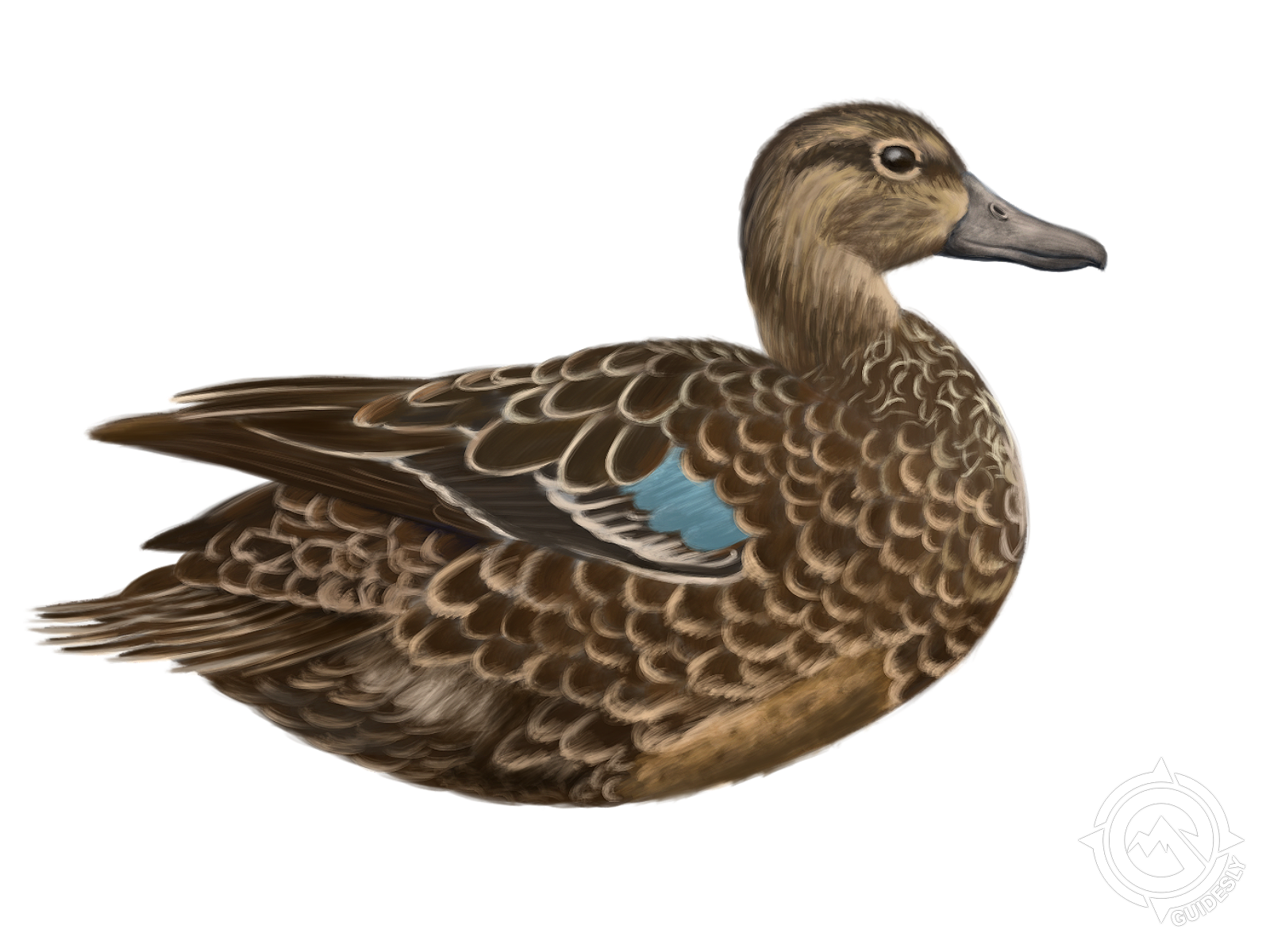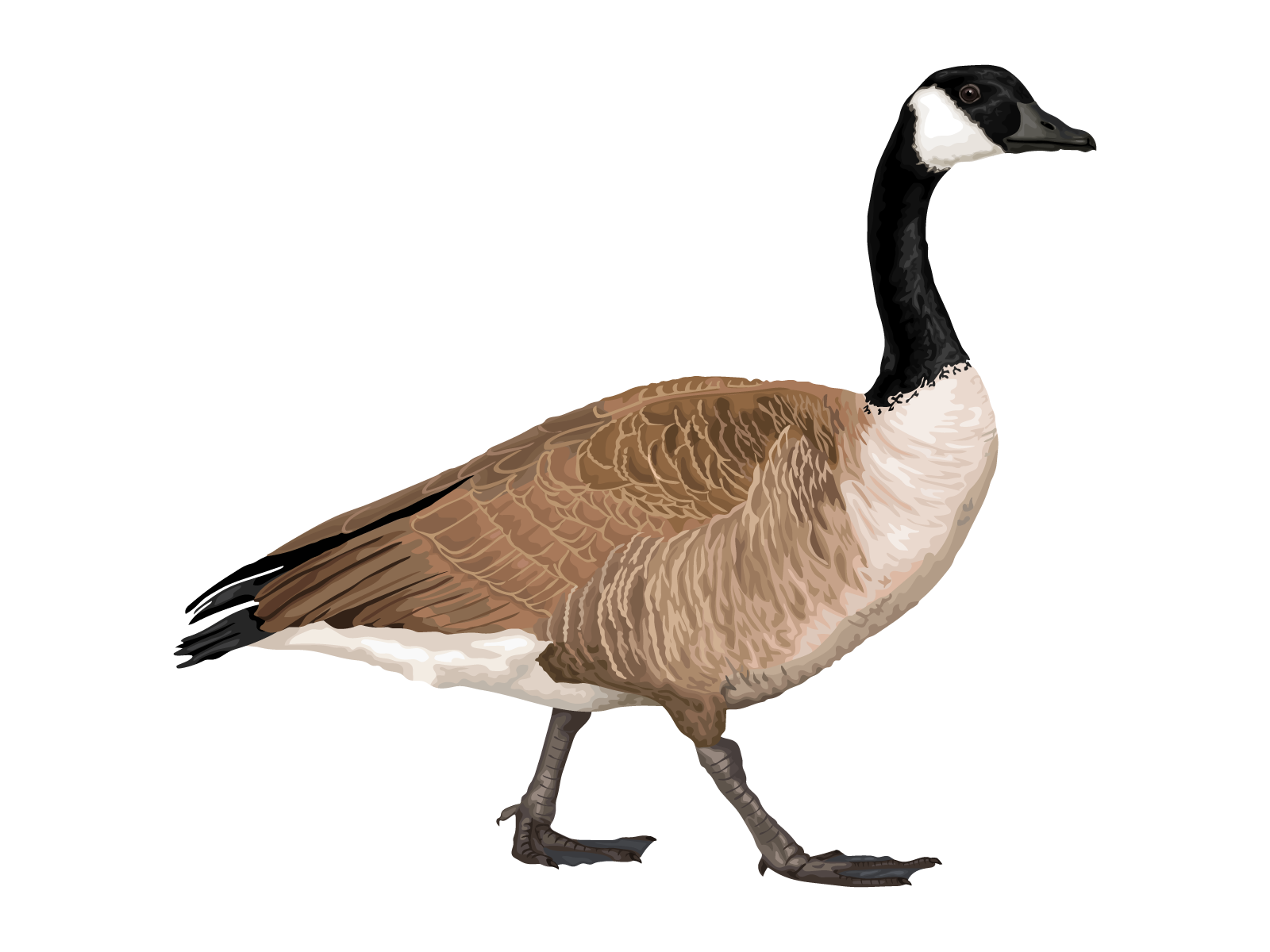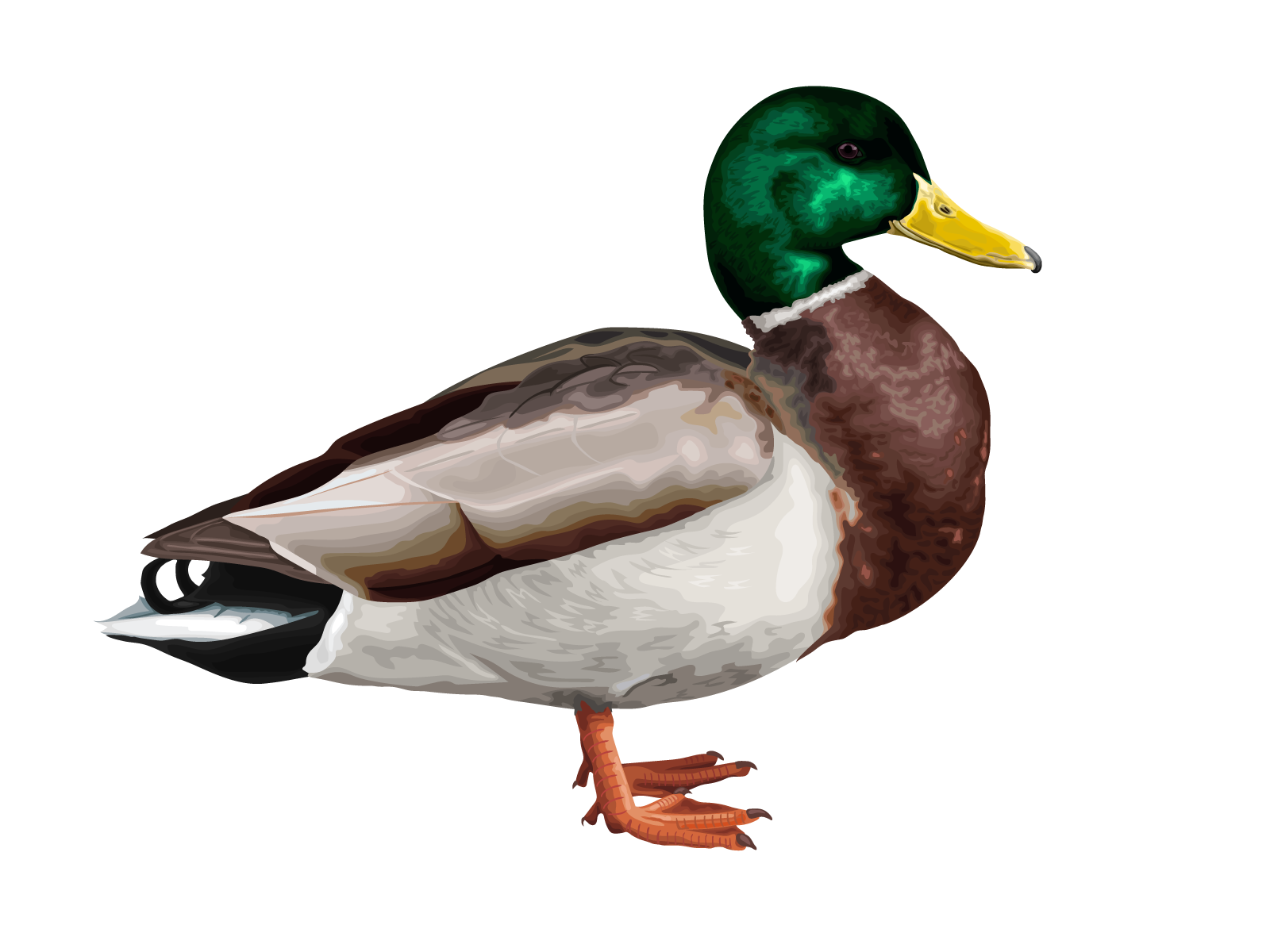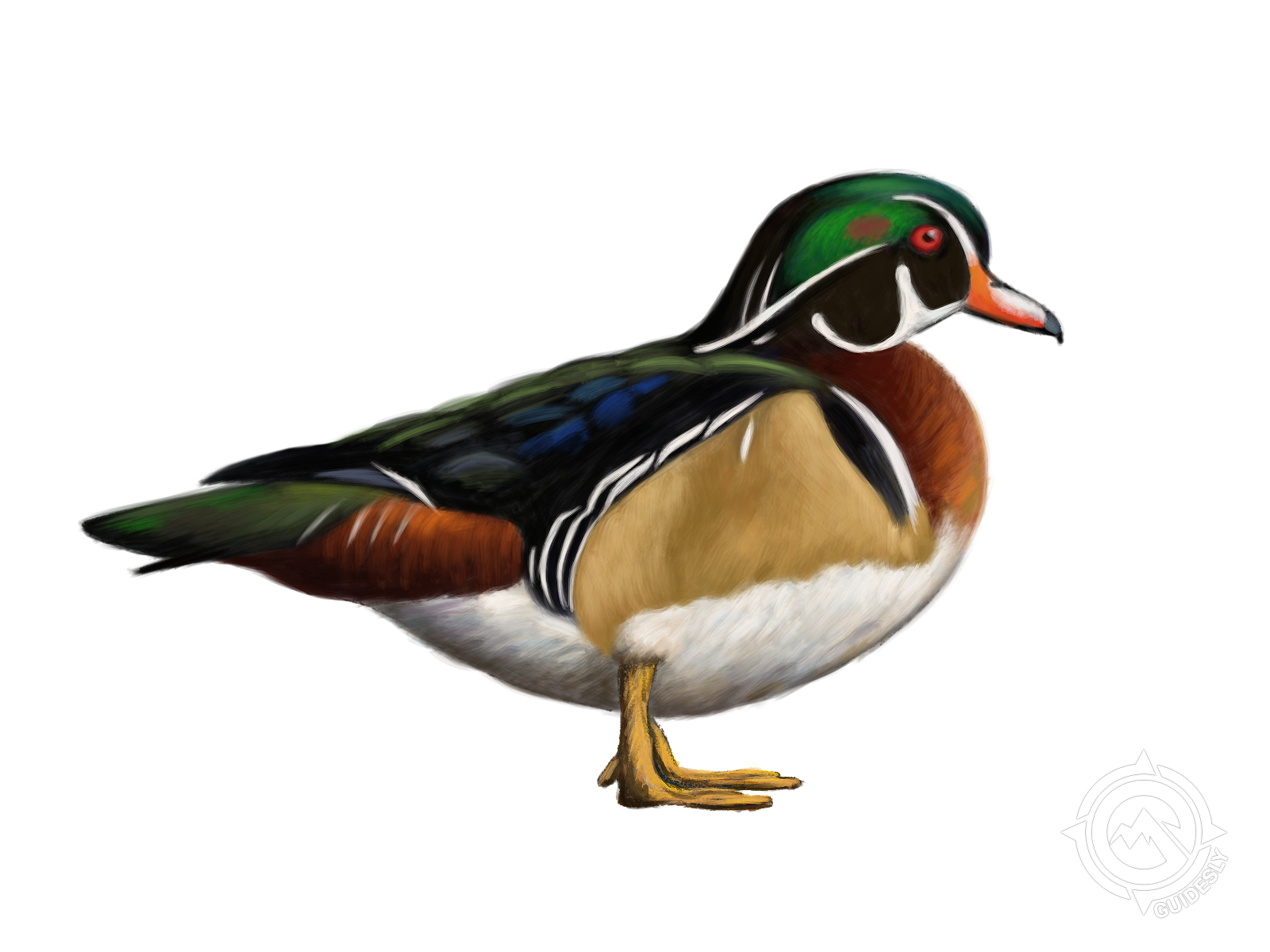//users/bd8857f7-0cce-4262-a582-f31634098f5a/ratecard/binoculars.jpg)
%2Ffit-in%2F300x300%2Fusers%2Fbd8857f7-0cce-4262-a582-f31634098f5a%2Fratecard%2Fbinoculars.jpg&w=256&q=75)
%2F300x300%2Fusers%2Fbd8857f7-0cce-4262-a582-f31634098f5a%2Fimages%2Ffishing-hunting-duo-maine-2349.jpg&w=256&q=75)
%2F300x300%2Fusers%2Fbd8857f7-0cce-4262-a582-f31634098f5a%2Fimages%2Ffishing-bliss-in-me-2303.jpg&w=256&q=75)
%2F300x300%2Fusers%2Fbd8857f7-0cce-4262-a582-f31634098f5a%2Fimages%2Foutdoor-adventure-in-maine-2283.jpg&w=256&q=75)
%2F300x300%2Fusers%2Fbd8857f7-0cce-4262-a582-f31634098f5a%2Fimages%2Ffantastic-fishing-getaway-maine-2259.jpg&w=256&q=75)
%2F300x300%2Fusers%2Fbd8857f7-0cce-4262-a582-f31634098f5a%2Fimages%2Ffishing-adventure-maine-2260.jpg&w=256&q=75)
%2F300x300%2Fusers%2Fbd8857f7-0cce-4262-a582-f31634098f5a%2Fimages%2Fcoastal-maine-fishing-adventure-2151.jpg&w=256&q=75)
%2F300x300%2Fusers%2Fbd8857f7-0cce-4262-a582-f31634098f5a%2Fimages%2Ffishing-maine-adventure-2191.jpg&w=256&q=75)
%2F300x300%2Fusers%2Fbd8857f7-0cce-4262-a582-f31634098f5a%2Fimages%2Ffishing-adventure-maine-2341.jpg&w=256&q=75)
%2F300x300%2Fusers%2Fbd8857f7-0cce-4262-a582-f31634098f5a%2Fimages%2Fmemorable-maine-adventure-2239.jpg&w=256&q=75)
%2F300x300%2Fusers%2Fbd8857f7-0cce-4262-a582-f31634098f5a%2Fimages%2Ffishing-expedition-maine-2416.jpg&w=256&q=75)
Winter Bird Hunting in Maine with Fish N Fowl
What you will be catching:
 Blue-winged Teal
Blue-winged Teal Canada Goose (+ subspecies)
Canada Goose (+ subspecies) Mallard
Mallard Wood Duck
Wood Duck
Trip Pricing and Availabilities :
No trip pricing information available at this time.
Winter Bird Hunting Adventure in Maine
Ready for a frosty fowl pursuit? Fish N Fowl's winter hunting trip in Maine is your ticket to bagging some cold-weather game birds. This 6-hour guided hunt takes you through snow-covered landscapes where Canada geese and various duck species are waiting to test your skills. Whether you're a seasoned pro or new to the game, our expert guides will help you track, call, and bag your limit in Maine's winter wonderland.
Inside the Hunt
Bundle up and get ready for a true Maine winter hunting experience. We'll set out before dawn, crunching through the snow to set up blinds and decoys. As the sun rises, you'll feel the thrill of waterfowl responding to expert calls. Our guides know these birds and this terrain like the back of their hand, positioning you for the best shots as flocks come in. You'll learn to read the sky, interpret bird behavior, and make clean, ethical shots in challenging winter conditions. This isn't just a hunt; it's a master class in cold-weather waterfowling.
Tracking Tips & Terrain
Maine's winter landscape demands specific techniques and gear. We'll show you how to use natural cover and portable blinds to stay hidden in the snow. You'll learn to track birds across frozen fields and iced-over waterways. We use top-notch decoys and calls suited for winter conditions, and you'll get hands-on practice with both. Expect to trudge through snow-covered fields, navigate icy shorelines, and possibly even set up on frozen ponds. Don't worry – we'll make sure you're geared up right, from insulated waders to hand warmers. It's all part of the authentic Maine winter hunting experience.
Target Game Breakdown
Let's talk birds. On this trip, we're after some of Maine's prime winter waterfowl. Here's what you need to know about our target species:
Canada Goose: These big boys are the bread and butter of winter waterfowling in Maine. We're talking about birds that can weigh up to 14 pounds, with wingspans reaching 6 feet. They're smart, wary, and a real challenge to hunt. In winter, they often gather in large flocks, feeding in fields and resting on open water. The sound of a flock of Canadas coming in is something every hunter should experience. We'll teach you how to read their V-formations and respond to their distinctive honking calls.
Wood Duck: Don't let their fancy plumage fool you – these birds are tough as nails. Wood ducks are usually gone south by deep winter, but we sometimes get lucky with late-stayers or early returners. They're fast, agile, and prefer wooded wetlands. If we spot wood ducks, get ready for some quick shooting through the trees. Their iridescent feathers make for some of the most beautiful trophies you can take home.
Mallard: The classic duck, mallards are hardy enough to stick around Maine waters as long as they can find open water. They're adaptable, smart, and always a fun hunt. In winter, they often bunch up in small, unfrozen areas of rivers or springs. We'll show you how to use their tendency to return to the same spots to our advantage. Nothing beats the sight of a group of mallards cupping their wings as they commit to your decoy spread.
Blue-winged Teal: These speedsters are usually long gone by winter, but Maine sometimes sees a few stragglers or early spring returnees. If we're lucky enough to encounter blue-wings, be ready for some fast action. They're small, lightning-quick, and often fly in tight groups. Hitting a blue-wing in winter conditions is a real feather in any hunter's cap.
What to Expect on the Water
Winter waterfowling in Maine isn't for the faint of heart, but that's what makes it so rewarding. Expect early mornings, cold temperatures, and possibly some wind and snow. We'll be setting up before first light, so come prepared with layers of warm, waterproof gear. You might find yourself wading through icy shallows to set decoys or hunkering down in a snow-covered blind for hours. But when those birds start pouring in, you'll forget all about the cold. We provide top-notch shotguns and ammo, but feel free to bring your own if you prefer. And don't worry – we always pack plenty of hot coffee to keep you warm between flights.
Why Hunters Keep Coming Back
There's something special about winter hunting in Maine that keeps folks coming back year after year. Maybe it's the pristine snow-covered landscapes, or the way sound carries across a frozen lake. Perhaps it's the challenge of outsmarting birds that have seen it all during their long migration. Or it could be the camaraderie that comes from sharing a blind with fellow hunters on a frosty morning. Whatever it is, our guests tell us this trip offers some of the most memorable hunting they've ever experienced. Plus, there's nothing quite like the taste of a wild goose or duck dinner after a successful day in the field.
Book Your Next Tag
Ready to add some winter waterfowl to your hunting experience? Our 6-hour guided hunt with Fish N Fowl is the perfect way to do it. With expert guides, top-notch gear, and some of the best winter bird hunting grounds in Maine, you're in for a world-class experience. Whether you're looking to bag your first Canada goose or add to your duck species list, this trip delivers. Spots are limited to ensure a quality experience, so don't wait to book. Grab your warmest camo, pack your sense of adventure, and join us for a winter hunt you won't forget. Call or click today to reserve your spot – the birds are waiting!
Learn more about the animals
Blue-winged Teal
Blue-winged Teal are small, speedy ducks that offer a unique hunting challenge in Maine. Weighing just about a pound, these compact birds are known for their agility and fast, erratic flight. You'll typically find them in shallow wetlands, flooded fields, and along the edges of ponds. They're early migrants, so the best time to hunt them is usually in September before they head south. Teal are prized for their tender, flavorful meat and the sporty shooting they provide. Their small size and quick movements make them a test of any hunter's skills. To up your chances, focus on areas with lots of aquatic vegetation where they feed. Here's a local tip: use a teal whistle in addition to your regular duck call. A series of 4-5 quick peeps can often turn a passing flock. Be ready for fast action – these birds don't usually circle like larger ducks, so you need to be quick on the draw when they commit.

Canada Goose (+ subspecies)
These big birds are a staple of Maine winters. Weighing up to 14 pounds, they're hard to miss with their distinctive honking and V-shaped flying formations. Canada Geese prefer open water, fields, and marshes. They're most active at dawn and dusk, often seen grazing in groups. Winter's the prime time to hunt them here, as migrating flocks stop over. Hunters love 'em for their size, challenging shots, and tasty meat. They're smart birds, though – always keep an eye out for sentries. My tip? Use a mix of full-body and shell decoys to create a realistic spread. Set up near their feeding areas, but stay hidden. These geese have sharp eyes and will spook if they spot anything out of place. Patience is key – let them commit to your spread before taking the shot. It's a real thrill when a big flock comes in, wings set.

Mallard
Mallards are the bread and butter of duck hunting in Maine. These medium-sized ducks, weighing about 2-3 pounds, are known for their distinctive green heads and loud quacking. You'll find them in just about any wetland – marshes, ponds, rivers, you name it. They're adaptable and often hang around as long as there's open water, even in winter. Mallards are popular targets because they're plentiful, make for good eating, and offer a mix of easy and challenging shots. They respond well to calls and decoys, making for an interactive hunt. If you're new to duck hunting, Mallards are a great species to start with. Pro tip: on calm days, try using a jerk cord with your decoy spread. The movement on the water surface can really bring in passing flocks. And don't forget to watch the sky – Mallards often circle a few times before committing to land.

Wood Duck
Wood Ducks are some of the prettiest birds you'll see in Maine. They're on the smaller side, about 1-2 pounds, with striking colors that stand out. Unlike most ducks, they prefer wooded swamps and tree-lined rivers. You'll often spot them perched in trees or nesting in cavities. Early fall's the best time to hunt 'em, before they head south. These ducks are fast and agile, making for challenging and exciting hunts. Hunters prize them for their beautiful plumage and tender, mild-flavored meat. Wood Ducks are skittish, so stealth is crucial. Here's a local trick: set up near beaver ponds or flooded timber at dawn. Use a jerk cord with a couple of decoys to create ripples – it'll catch their eye. When calling, less is more. A soft feed chuckle or a few quiet wick-wick calls are usually enough to bring them in close.

%2Ffit-in%2F250x250%2Fguide_websites%2F12176%2Fimages%2Ffishnfowl.png&w=1200&q=100)


%2Ffilters%3Aformat(webp)%2Fusers%2Fbd8857f7-0cce-4262-a582-f31634098f5a%2Fimages%2Ffishing-maine-adventure-2191.jpg&w=768&q=75)
%2Ffilters%3Aformat(webp)%2Fusers%2Fbd8857f7-0cce-4262-a582-f31634098f5a%2Fimages%2Ffishing-adventure-maine-2341.jpg&w=768&q=75)
%2Ffilters%3Aformat(webp)%2Fusers%2Fbd8857f7-0cce-4262-a582-f31634098f5a%2Fimages%2Fmemorable-maine-adventure-2239.jpg&w=768&q=75)
%2Ffilters%3Aformat(webp)%2Fusers%2Fbd8857f7-0cce-4262-a582-f31634098f5a%2Fimages%2Ffishing-expedition-maine-2416.jpg&w=768&q=75)
%2Ffilters%3Aformat(webp)%2Fusers%2Fbd8857f7-0cce-4262-a582-f31634098f5a%2Fimages%2Ffishing-hunting-duo-maine-2349.jpg&w=768&q=75)
%2Ffilters%3Aformat(webp)%2Fusers%2Fbd8857f7-0cce-4262-a582-f31634098f5a%2Fimages%2Ffishing-bliss-in-me-2303.jpg&w=768&q=75)
%2Ffilters%3Aformat(webp)%2Fusers%2Fbd8857f7-0cce-4262-a582-f31634098f5a%2Fimages%2Foutdoor-adventure-in-maine-2283.jpg&w=768&q=75)
%2Ffilters%3Aformat(webp)%2Fusers%2Fbd8857f7-0cce-4262-a582-f31634098f5a%2Fimages%2Ffantastic-fishing-getaway-maine-2259.jpg&w=768&q=75)
%2Ffilters%3Aformat(webp)%2Fusers%2Fbd8857f7-0cce-4262-a582-f31634098f5a%2Fimages%2Ffishing-adventure-maine-2260.jpg&w=768&q=75)
%2Ffilters%3Aformat(webp)%2Fusers%2Fbd8857f7-0cce-4262-a582-f31634098f5a%2Fimages%2Fcoastal-maine-fishing-adventure-2151.jpg&w=768&q=75)
